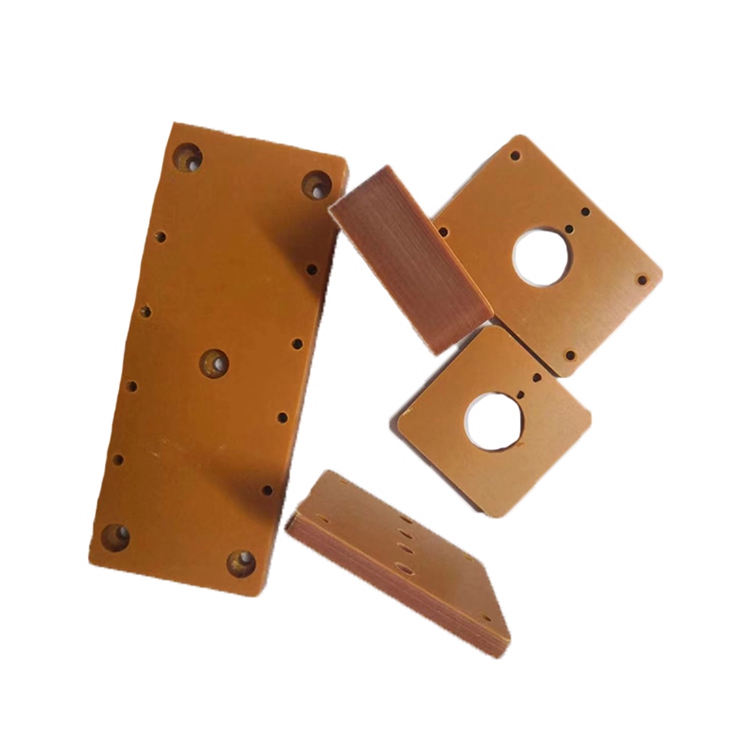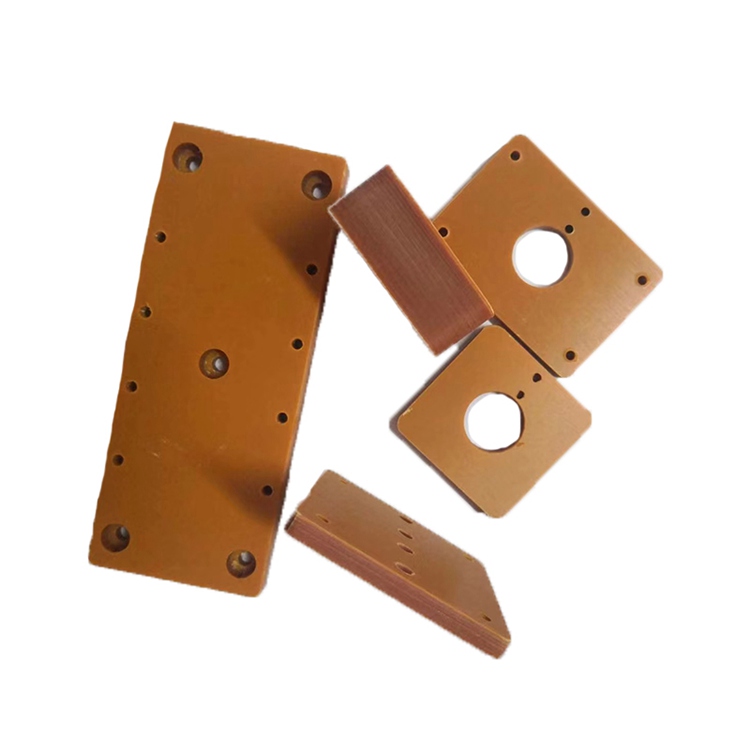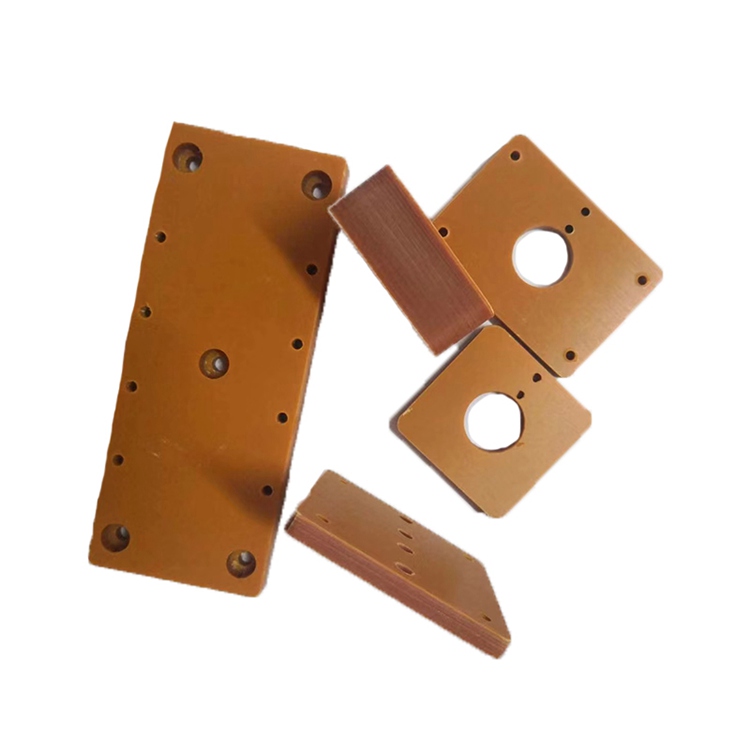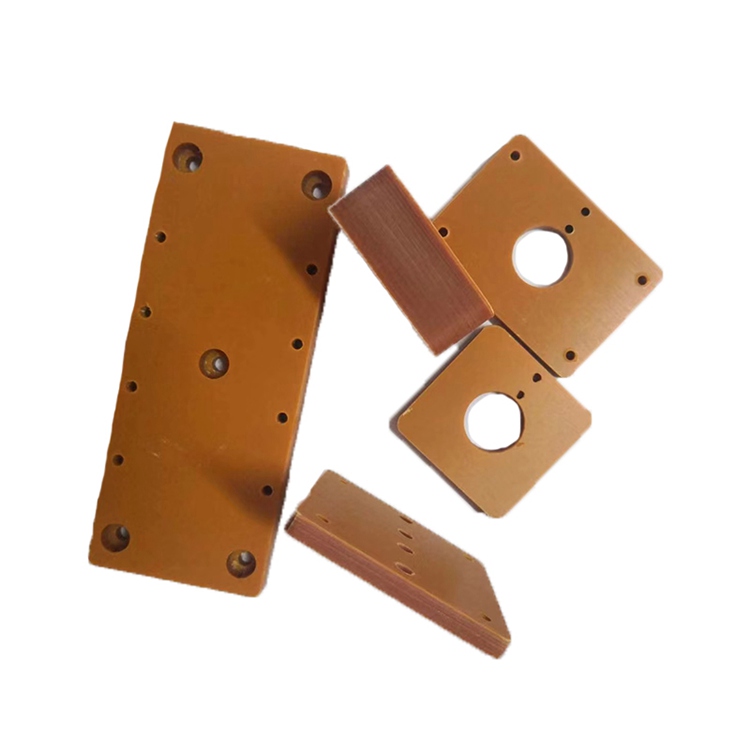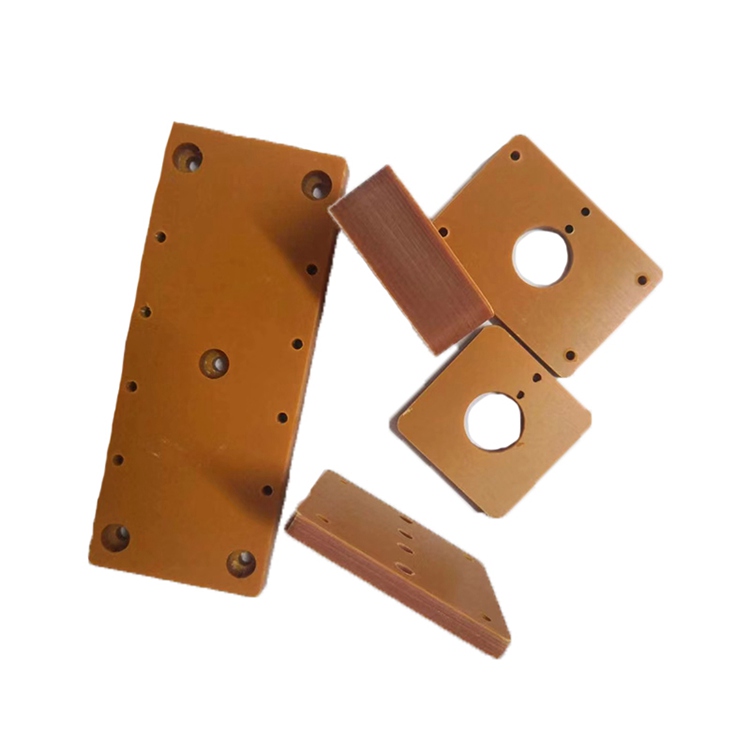Custom Fabricated Parts
Please click the button below to contact us.
Introduction:Custom Fabricated Parts are parts or components that are processed through professional manufacturing processes and materials according to the specific needs and design requirements of customers.
Product Description
Custom Fabricated Parts are parts or components that are processed through professional manufacturing processes and materials according to the specific needs and design requirements of customers. These parts are widely used in various industrial fields, from mechanical manufacturing to aerospace, from automobiles to medical equipment, meeting customers' personalized needs for specific functions, sizes and performance.
Custom Fabricated Parts Product Features
High degree of customization
The core feature of Custom Fabricated Parts is high degree of customization. Manufacturers are able to provide a full range of customized services from design to production based on customers' detailed design drawings, specification requirements or functional requirements. This customization is not only reflected in the shape and size of the parts, but also in material selection, surface treatment and functional characteristics.
Diverse material selection
Custom fabricated parts can be made using a variety of materials, including but not limited to carbon steel, stainless steel, aluminum alloy, copper alloy, plastic and composite materials. Different materials have different physical and chemical properties that can meet the needs of various application scenarios. For example, stainless steel has good corrosion resistance and is suitable for food processing and medical equipment; aluminum alloy is widely used in aerospace and automobile manufacturing with its light weight and high strength.
Precision machining technology
Manufacturers usually use advanced machining technologies such as CNC cutting (CNC), laser cutting, CNC bending, precision welding, etc. to ensure the dimensional accuracy and surface quality of parts. These technologies can achieve complex geometric shapes and high-precision machining requirements to meet the needs of high-end industrial applications.
Strict quality control
The production process of custom-made parts usually includes a strict quality control process. From the inspection of raw materials to the testing of finished products, every link is strictly tested for quality to ensure the performance and reliability of the parts. Many manufacturers are also certified by international standards (such as ISO 9001), which further guarantees the high quality and consistency of products.
Rapid prototyping
In order to meet the rapid development needs of customers, many manufacturers provide rapid prototyping services. Through advanced 3D printing technology and computer-aided design (CAD), manufacturers are able to produce prototypes of parts in a short time for customers to test and verify. This rapid prototyping service not only speeds up the product development cycle, but also reduces development costs.
Custom Fabricated Parts Application areas
Mechanical manufacturing
In the field of mechanical manufacturing, Custom Fabricated Parts are used to produce various mechanical equipment and tools, such as industrial robots, robotic arms, automated production lines, etc. These parts need to have high strength, wear resistance and corrosion resistance to meet the needs of industrial production. For example, the frame and joint parts of industrial robots are custom manufactured to ensure their stability and reliability in complex operations.
Automotive Industry
The automotive industry is one of the important application areas for custom manufactured parts. From automobile body frames, chassis to engine parts, etc., they all rely on custom manufacturing to achieve specific design and functional requirements. For example, the lightweight body parts and customized engine brackets of high-performance sports cars all need to be achieved through precise manufacturing processes and material selection.
Aerospace
The aerospace industry has extremely high requirements for the precision and reliability of parts. Custom Fabricated Parts plays an important role in the aerospace field and is used to manufacture aircraft fuselages, wings, engine parts, etc. These parts usually need to use high-strength, lightweight materials and are manufactured through advanced processing technology to ensure their safety and reliability in extreme environments.
Medical Equipment
In the field of medical equipment, custom manufactured parts are used to produce a variety of medical devices and equipment, such as surgical instruments, medical robots, diagnostic equipment, etc. These parts need to meet strict hygiene and safety standards while having good biocompatibility and corrosion resistance. For example, customized surgical instruments and implants require precision machining and strict quality inspection to ensure their safety and effectiveness in medical applications.
Electronics Industry
The electronics industry has high requirements for the precision and functional characteristics of parts. Custom Fabricated Parts are used to produce housings, brackets, and internal components of various electronic devices. These parts usually need to have good conductivity, insulation, and heat dissipation to meet the operating requirements of electronic devices. For example, customized circuit board brackets and heat sinks require precision machining and material selection to ensure their stability and reliability in electronic devices.
Custom Fabricated Parts Cleaning and Maintenance
Daily Cleaning
The main purpose of daily cleaning of custom-made parts is to remove dust, oil, and processing residues on the surface. Using a soft cloth or sponge with a mild detergent to wipe can effectively remove surface stains. For areas that are difficult to clean, a soft brush can be used for local cleaning, but be careful to avoid scratching the surface of the parts.
Regular Inspection
Regularly check the connection parts and processed surfaces of the parts to ensure that there are no cracks, looseness, or other damage. If problems are found, they should be repaired or replaced in time to ensure the safety and reliability of the parts. For some key components, such as custom-made parts for aerospace and medical equipment, regular non-destructive testing (such as X-ray testing, ultrasonic testing, etc.) is recommended to ensure the quality of the parts.
Anti-corrosion treatment
In order to extend the service life of custom-made parts, anti-corrosion treatment is essential. According to the use environment and material characteristics of the parts, select appropriate anti-corrosion coatings, such as paint, galvanizing, sandblasting, etc. These anti-corrosion measures can effectively prevent parts from rusting and corrosion, especially in humid or corrosive environments.

